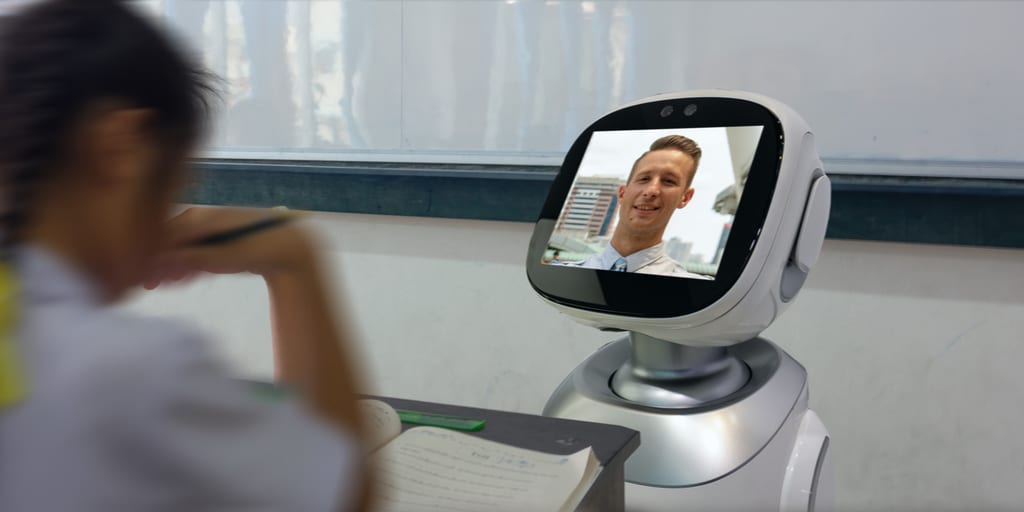
While there may be ethical dilemmas that surround the use of artificial intelligence (AI) there are none when it comes to these awesome classroom applications. You’re not going to be creating the Terminator by accident but rather massively enhancing the time you spend with young minds.
If there’s one thing educators seem to resent it’s the amount of marking and grading that they have to do. It takes away from classroom time and it wears them out but at the same time – it’s an essential part of education.
Fortunately, well-designed AI is going to make a lot of that a thing of the past. For now, multiple choice and fill-in-the-blanks is easy to automate but there’s a day coming soon when written assessments will also be capable of being marked by an AI.
That’s going to free up a ton of time for teaching and it’s going to mean fewer sleepless nights for educators.
Education software is awesome, unless that educational software doesn’t meet your needs. If you’re the clever kid in the class and can zip through wiring diagrams at the speed of light being asked to “do that again” doesn’t make for much fun.
If, on the other hand, you’re struggling and the software keeps making bigger demands, it’s easy to become demoralized.
AI will mean that software is able to automatically tailor itself to the learner. The brightest kids are never going to feel too smart for the task and the kids who need a little more help will get it.
This is already in its infancy and software can adapt based on responses and testing but it’s going to get a lot better in the future.
Even the best plans can have holes in them. Educators spend a lot of time planning courses and lessons and curriculums, but it can be hard (if not impossible) to spot what’s missing without another pair of eyes (or pairs of eyes) being run over everything.
This isn’t always possible in the busy learning environments of today. But AI won’t have any time limits. It won’t have any classes of its own to teach, so it can spend time auditing course documentation and working out what might be improved.
In fact, if linked to the right databases – it ought to be able to provide “best practice” input to learning development.
It could also keep an eye on errors that commonly recur during the teaching of a course (helping you to identify where students need a little extra support to get where they want to be).
AI won’t be the answer to every student’s needs, but it may be possible to use it as the first line of assistance.
You’ll be able to offer 24/7 access to an AI tutor which is familiar with the course content and the most commonly asked questions about it. When a student is in the middle of their homework and struggling, they can’t phone their educator at home, but they could dial up an AI and get their input.
There’s a long way to go with the development of AI but far from being a threat to humanity, in education, artificial intelligence is the future of better learning. It will support educators and students alike to make learning more effective and enjoyable.